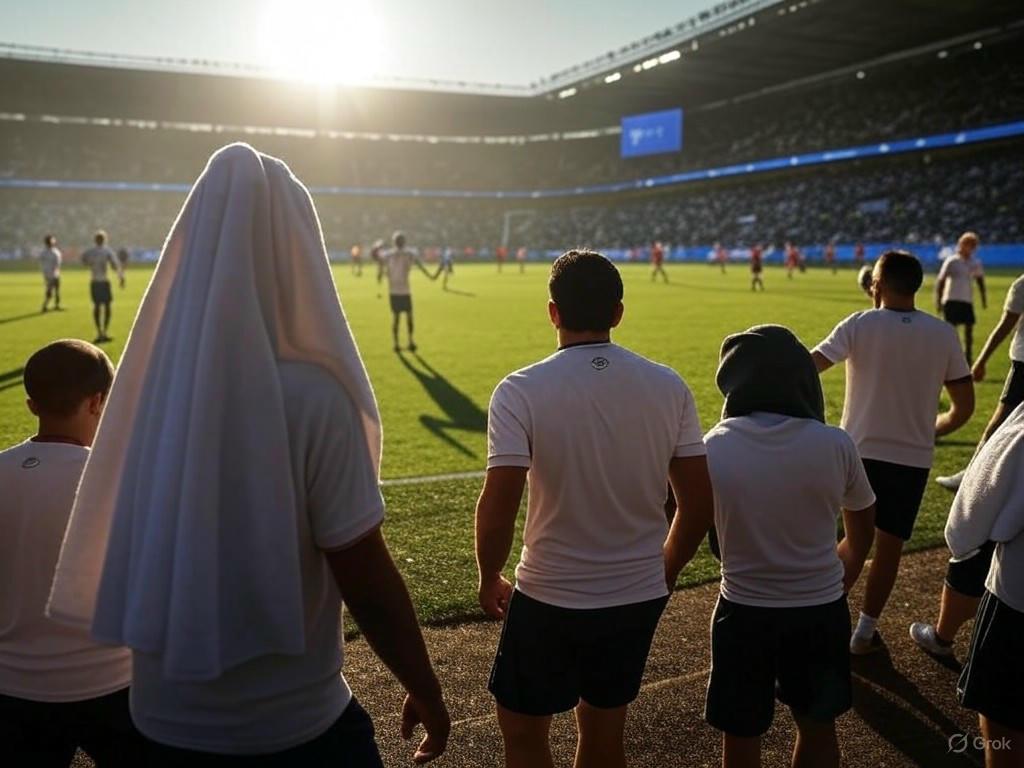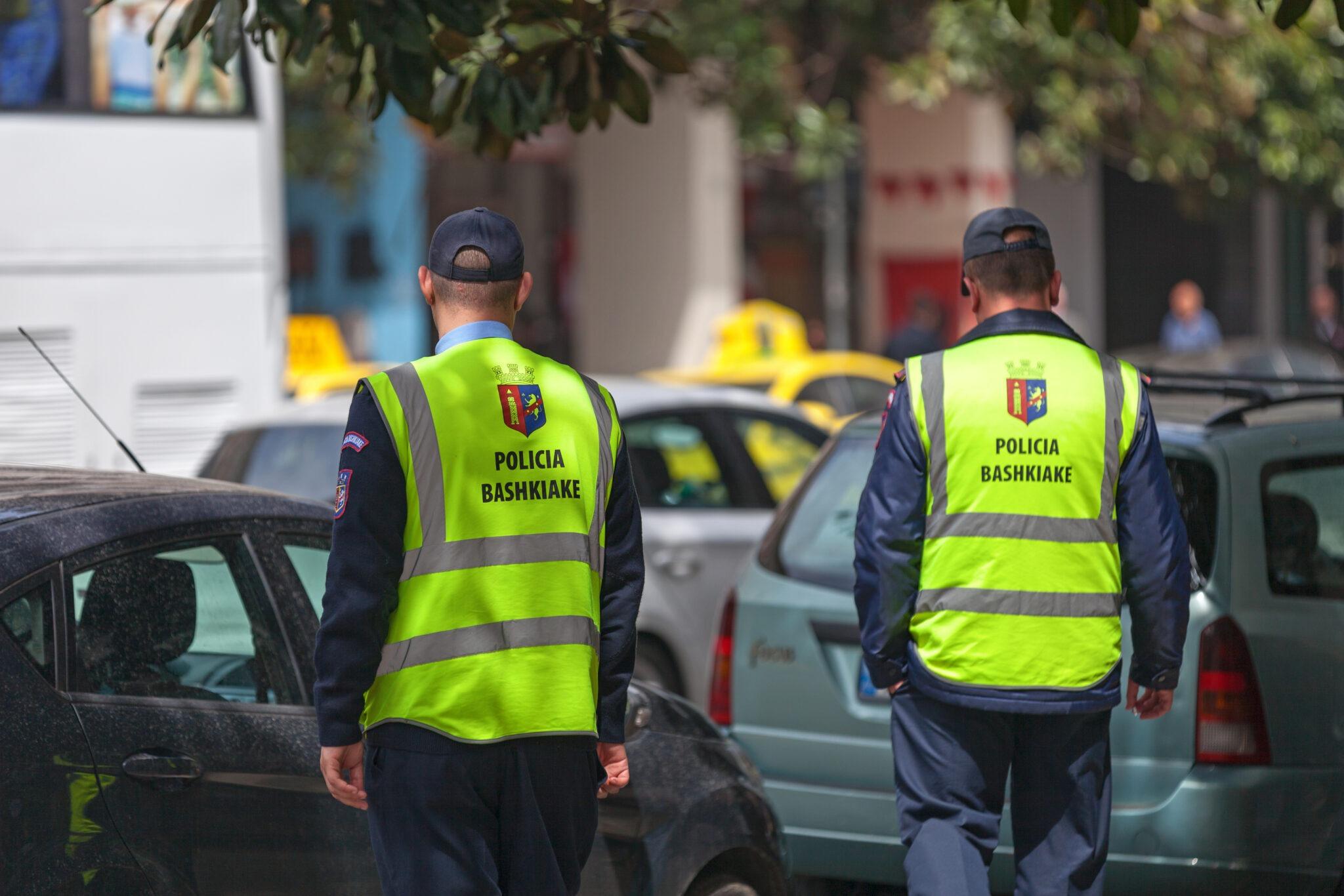In recent years, extreme heat has become a formidable adversary for athletes competing in the UEFA Champions League. As climate change advances, hotter temperatures are affecting players' performances, making every game more than just a clash on the field. These challenges have been discussed in an analysis on the impact of climate change on UEFA matches, shedding light on the growing concern[1].
Football is a sport known for its physical demands. Players need to maintain high energy levels for 90 minutes and more. When temperatures rise, these demands become even tougher. Heat can slow down players, increasing the risk of dehydration and heat-related illnesses. This change not only threatens their health but also affects game performance and the overall quality of matches.
The effect of extreme heat is not a future problem; it is a pressing issue now. Climate change is intensifying, causing more frequent and severe heatwaves across the globe. For the UEFA Champions League—that gathers top European clubs for fierce competition—this means facing more matches under extreme heat conditions. Consequently, teams must prepare robust strategies to safeguard their athletes' health and improve their performance on the field.
Preparation tactics now often include better hydration plans, schedule adjustments, and increased awareness of heat risks. Teams are becoming adept at managing these conditions, which is crucial for maintaining top form. As the 2026 FIFA World Cup approaches, organizers are drawing insights from similar events to mitigate risks associated with extreme heat during international tournaments[2]. This proactive approach promises not only to protect the players' health but also to preserve the integrity of the beloved sport.
Extreme heat is a problem that requires more than quick solutions. It needs long-term strategies to protect players and maintain the standard of the competition. The journey to effectively combat this issue has begun. With scientific insights and strategic planning, future UEFA Champions League matches can continue to inspire and entertain millions around the world, without being overshadowed by the relentless heat.
References:







